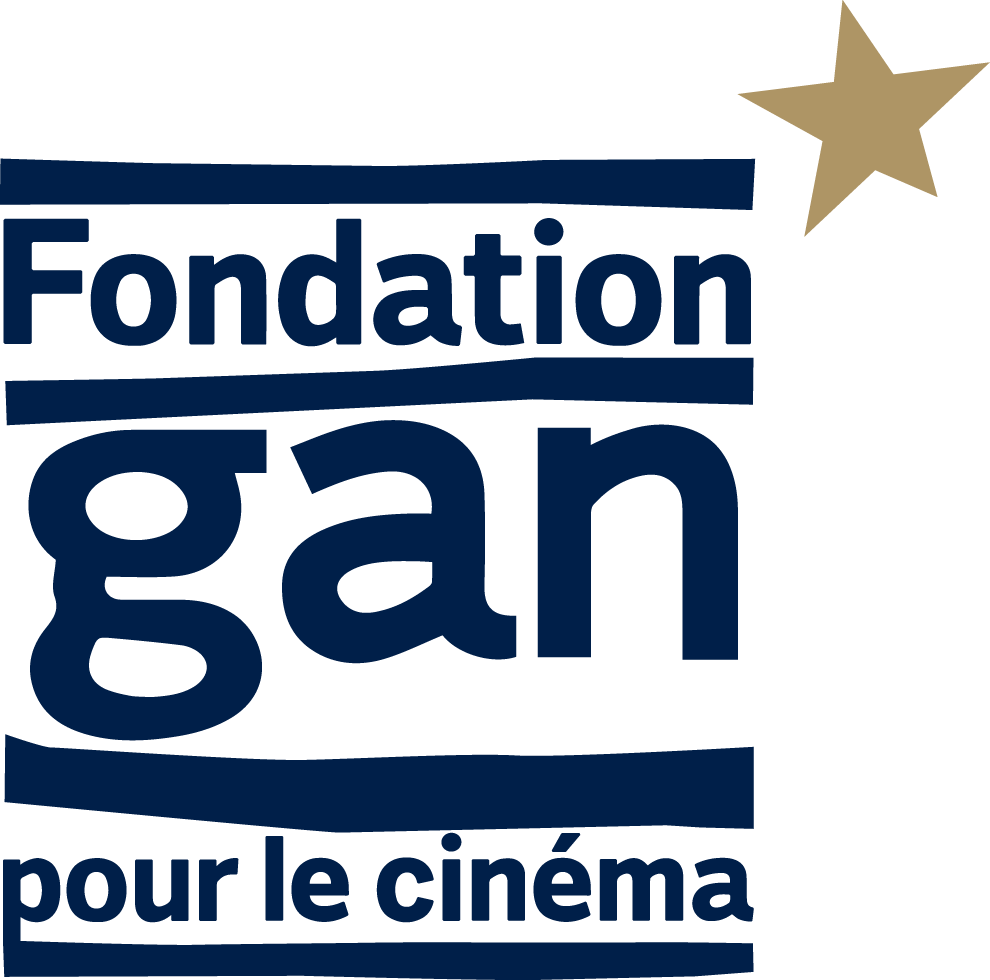Your film is at the crossroad of several genres: documentary, tale, historical drama… How did you build the narrative structure?
Everything started with the story of one of my grandfather’s friends. He came home after World War II. After four years of absence, his loved ones thought him dead. His coming back had thus a ghostly appearance. I kept this idea of life after death. After all, maybe he had really died and was coming back to haunt his homeland! In cinema, ghosts exist. They can be filmed and seen! This is why the leading character is going through the ages. We filmed in the Piedmont region. I needed settings impregnated with the tales and legends that inspired me. They allowed my imagination to crystallise.
“My worst misfortune is that I come from nowhere” says the main character. Your films does not win him back his lost identity, on the contrary, it throws a red herring on his path…
I wanted to explore the primitive dimension of humans. The best way to stay honest is maybe to go back to the original state. My characters don’t have a precise sociological identity, nothing is known about their origins. When the protagonist meets Ariane, he relates to his own purity she exudes. One may find in the film references to the Grec tragedy, to Pasolini’s cinema, as well as Italian folk legends.
The title of the film Happy Times Will Come Soon is rather joyful. It contradicts the overall tone of your film…
It was inspired to me by a friend who wasn’t doing great, but tried to feel better by repeating that brighter days would soon come back. I like this naivety, this tenderness, like a motherly soothing formula. One must cope, stand up, resist but also rejoice despite it all. I consider my film as a cautionary tale.







